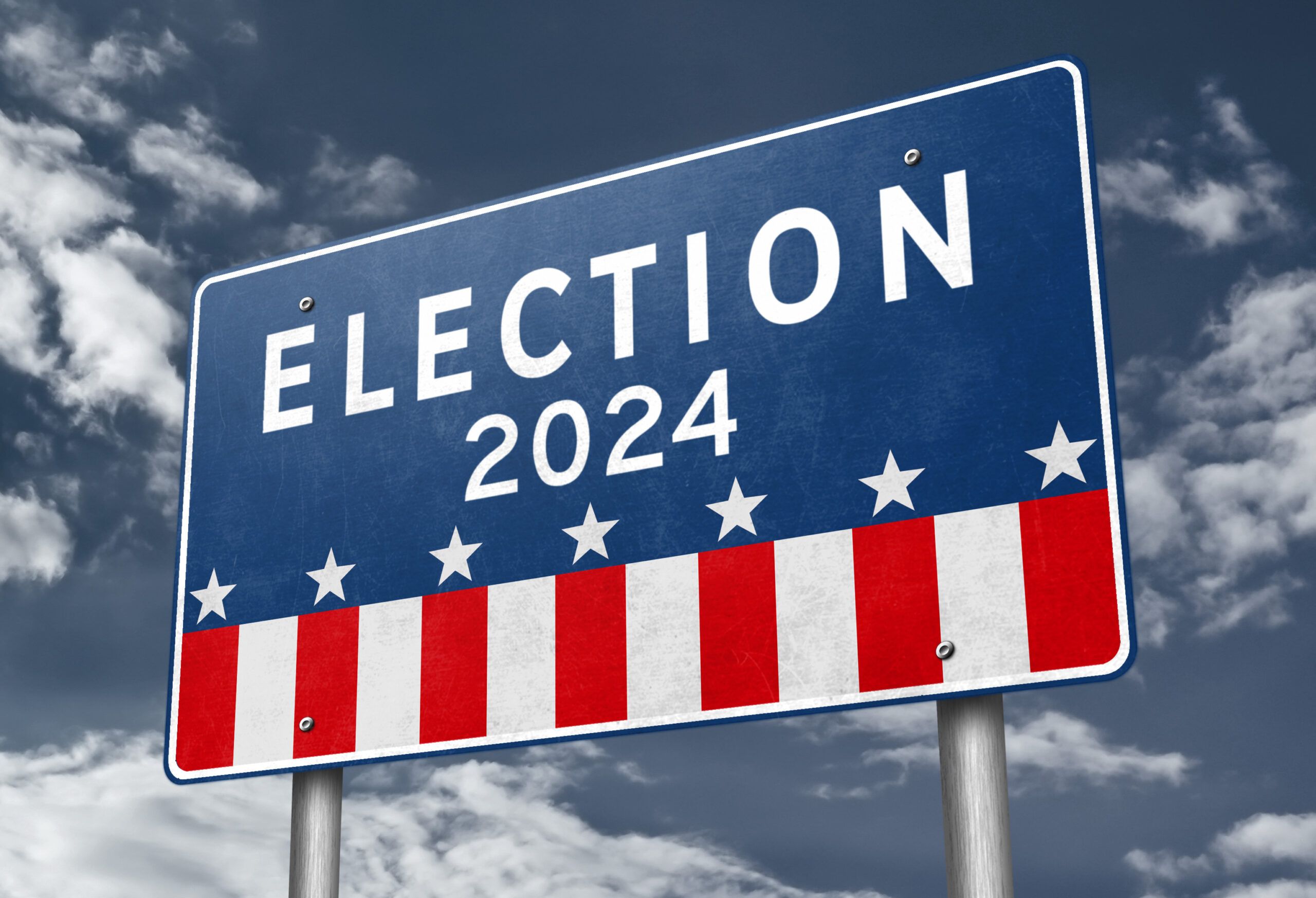May: Don’t overthink transportation funding solution
At the start of each legislative session, we hear statements about the need for better highways in Colorado and the need for more transportation funding. The predictable arguments emerge: “‘The state already has enough money!’. ‘New funding is needed!’”
Actually, both views have merit.
Those holding the view that the state budget has room to fund transportation are right. Since the end of the Great Recession, state revenues have soared from $17 billion in 2009 to $30 billion in 2019.
Following years of not spending any General Fund money on roads, credit legislators for devoting between $100 million and $300 million each of the past four years to transportation.
SPONSORED CONTENT
That sounds great, and it is, until you consider Colorado has a $9 billion transportation shortfall. A combination of under-funding transportation and a growing population means the state has significant maintenance and capacity needs. Even when using existing resources, we hardly put a dent in the list.
In short, the state government’s budget is growing, providing the state the revenue to put more toward transportation projects, but, at the same time, new funding is still needed to start addressing the long list of unfunded projects.
Assume key state political leaders agreed with that two-part construct of “a growing state budget means more money is available for transportation” but “new revenue is needed.” The question then is “How could they make this happen?”
Last summer and fall leaders in Northern Colorado researched how other states fund transportation. We’ve now done this a couple of times. The quiet hope is some new, magical way of paying for highway projects will be discovered. That did not happen again.
But one key insight from this study is the states that are generating new transportation revenue are getting it from an old source: They increased their state gas tax. (Note: I’m using the common term “gas” tax but mean the tax on fuels for ground transportation.)
In fact, 26 states have increased their gas taxes since 2013, eight of them in just the last few years. On average, the gas tax was raised by 8.8 cents per gallon amongst these states.
Contrast that to Colorado, which has not raised the gas tax from 22 cents a gallon since 1991. Our state gas tax is the 12th lowest in the nation. And since the tax is not indexed, think of the decline in purchasing power over the past three decades.
A popular argument among some state politicians is that voters will not support transportation tax measures. As evidence, they point to the failures of Propositions 109 (bonding using existing funds) and 110 (a state sales tax increase of 0.62 percent) on the fall 2018 ballot and Proposition CC (retention of TABOR refunds, some for transportation) this past fall.
Viewing it differently, maybe voters support fixing the transportation problem but haven’t liked any of the choices offered.
Notably, none of the measures above involved the gas tax. In fact, since it was last raised by the legislature in 1991, Colorado voters have never been asked to consider an increase in the gas tax. Yet, it’s the ultimate user fee. There is a direct correlation between the tax paid and its use.
In December, statewide polling of likely Colorado voters found support for a modest and limited increase in the state gas tax indexed for inflation and even stronger support for increasing fees on electric vehicles.
We’ve concluded, simple may be better:
- Ask voters to consider a modest increase in gas tax capped and indexed.
- Continue the current legislative commitment of $300 million from the General Fund.
- Increase the registration fee on electric vehicles.
- Bond the revenue to maximize available funds in a way that is flexible enough for CDOT to handle the workload.
With a package approach, both perspectives — use existing resources and find new ones — are served. It’s a commonsense approach that could appeal to Coloradans.
David May Is the convener of the Fix North I-25 Business Alliance and president and CEO of the Fort Collins Area Chamber of Commerce.
At the start of each legislative session, we hear statements about the need for better highways in Colorado and the need for more transportation funding. The predictable arguments emerge: “‘The state already has enough money!’. ‘New funding is needed!’”
Actually, both views have merit.
Those holding the view that the state budget has room to fund transportation are right. Since the end of the Great Recession, state revenues have soared from $17 billion in 2009 to $30 billion in 2019.
Following years of not spending any General Fund money on roads, credit…




